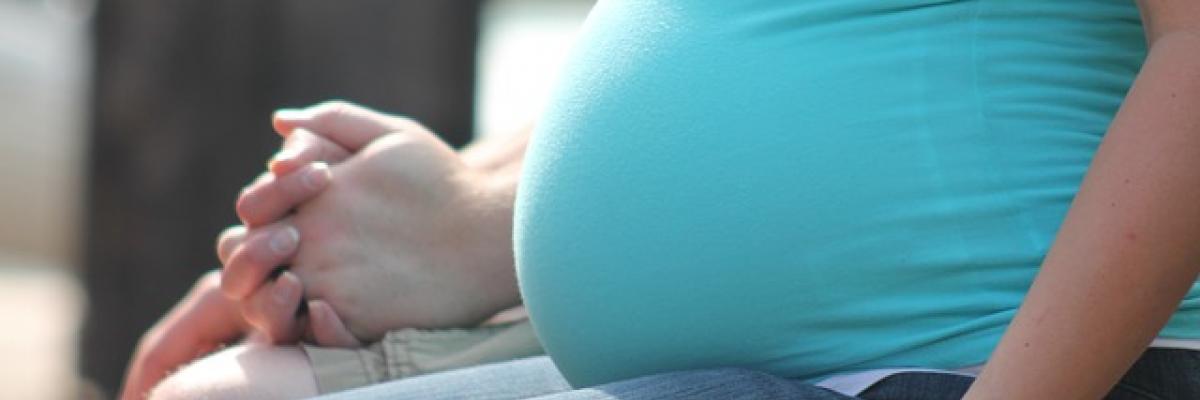Improved prediction of stillbirth in women with intrahepatic cholestasis of pregnancy (ICP)

Women who develop itching (pruritus) in pregnancy, particularly if it affects the hands and feet and disturbs sleep, should seek advice from a doctor or midwife because they may have a potentially dangerous liver condition, intrahepatic cholestasis of pregnancy (ICP), sometimes called obstetric cholestasis. ICP affects about 1 in 140 pregnant women in the UK.
It has been reported that babies whose mothers have ICP have a small increased chance of being born prematurely or stillborn, and that this is related to increases in the mother’s serum total bile acid concentration. At present an affected mother who has a bile acid concentration greater than 40 µmol/L may be offered early induction of labour at about 37 weeks to prevent stillbirth. However, because the numbers of patients in earlier studies were relatively small there has been some uncertainty about the risk of premature birth and the bile acid threshold for stillbirth. These questions have been the subjects of a large international study by research workers at Guy’s and St Thomas’ and King’s College London. Their results were published online in The Lancet on 14 February 2019.
The authors searched published ICP reports from 15 countries on 5 continents for studies that included a control group of women with an unaffected pregnancy. They found 23. The combined study data comprised over 170,500 pregnancies, more than 5,500 with ICP and more than 165,000 controls. They confirmed that mothers with ICP were slightly more likely than controls to have a spontaneous pre-term birth, and that their babies were also more likely to be admitted to a special care baby unit. Those with the greatest increase in total bile acid concentration were also more likely to have a stillbirth.
To examine the bile acid threshold for stillbirth in individual patients, the researchers asked authors of published studies both with and without a control group to collaborate by providing detailed individual data from patients with ICP in a standardised format. Data that was suitable for the analysis of 5,269 pregnancies was provided by international authors that responded to their request and by the maternity units of two London hospitals.
There were three stillbirths among the 2310 ICP patients with serum total bile acids less than 40 µmol/L (0.13%) and four in the 1412 patients with values between 40 and 99 µmol/L (0.28%). Neither prevalence differed from the UK national pooled stillbirth rate. In contrast, the 524 patients with bile acid concentrations of 100 µmol/L and higher, had 18 stillbirths (3.44%). Thus, the study had identified a serum bile acid concentration below which there was no increase in the risk of stillbirth, so many fewer women could avoid early induction of labour to prevent fetal death.
Professor Catherine Williamson, leader and co-author of this large study, expressed gratitude to their worldwide collaborators. She added “We can now identify those women at the highest risk of stillbirth and consider interventions to specifically prevent stillbirth in this group. We will also be able to reassure a large number of women, who may have previously been concerned, that they are not at increased risk of stillbirth.”
The study was funded by three pregnancy-based charities, by the Wellcome Trust and by the UK National Institute for Health Research.

